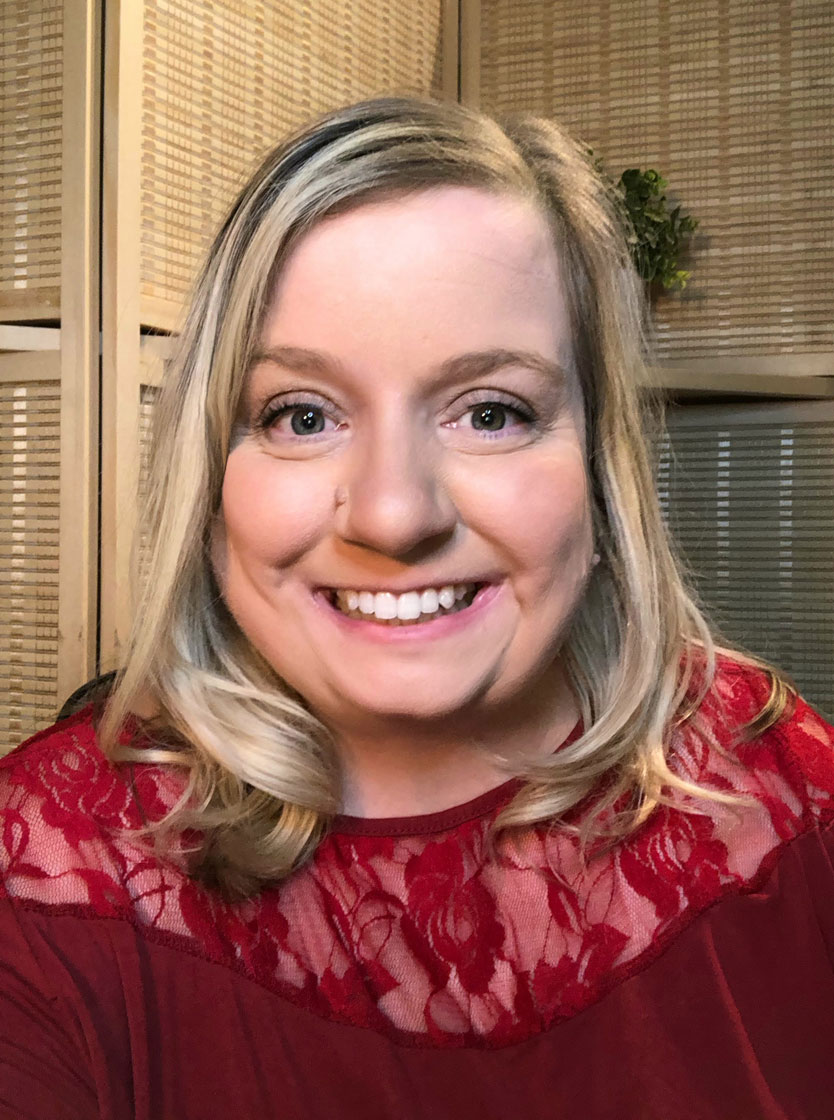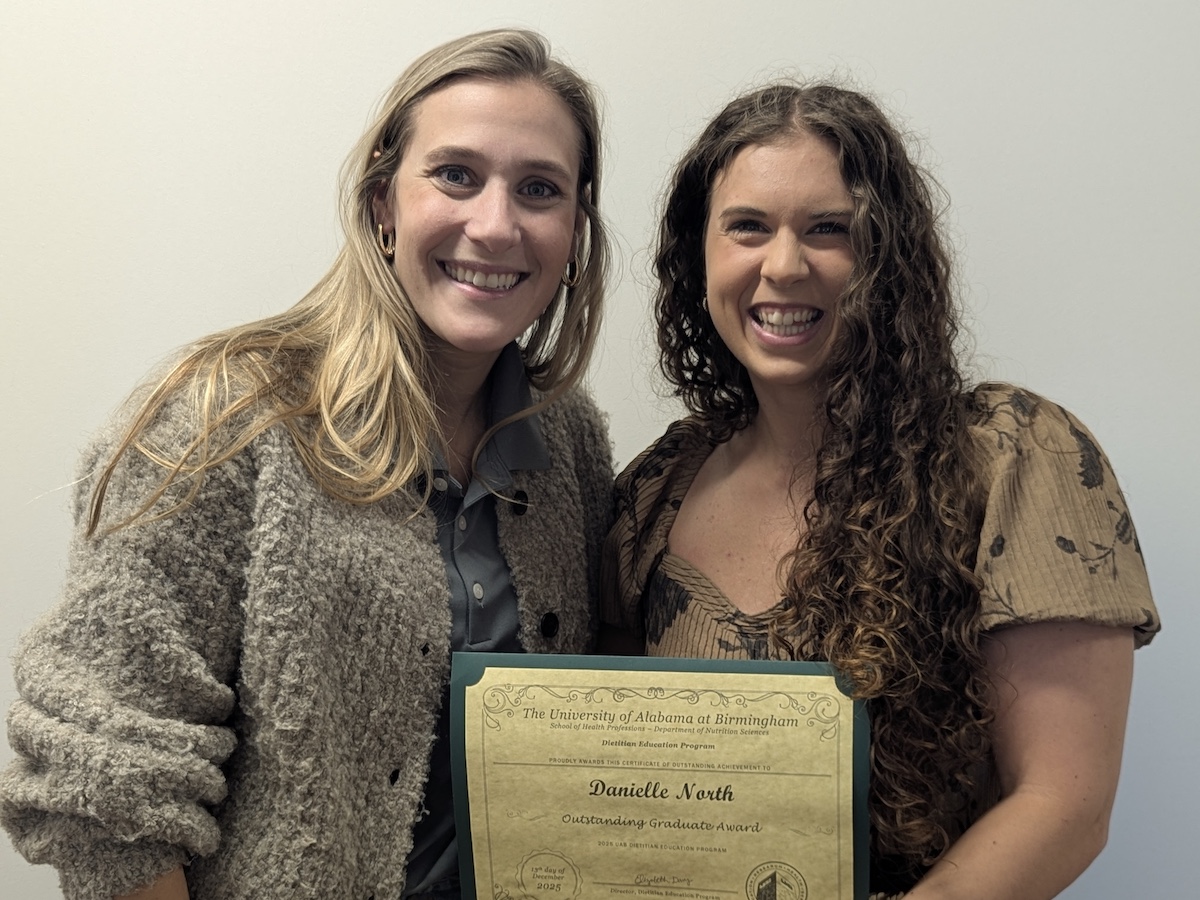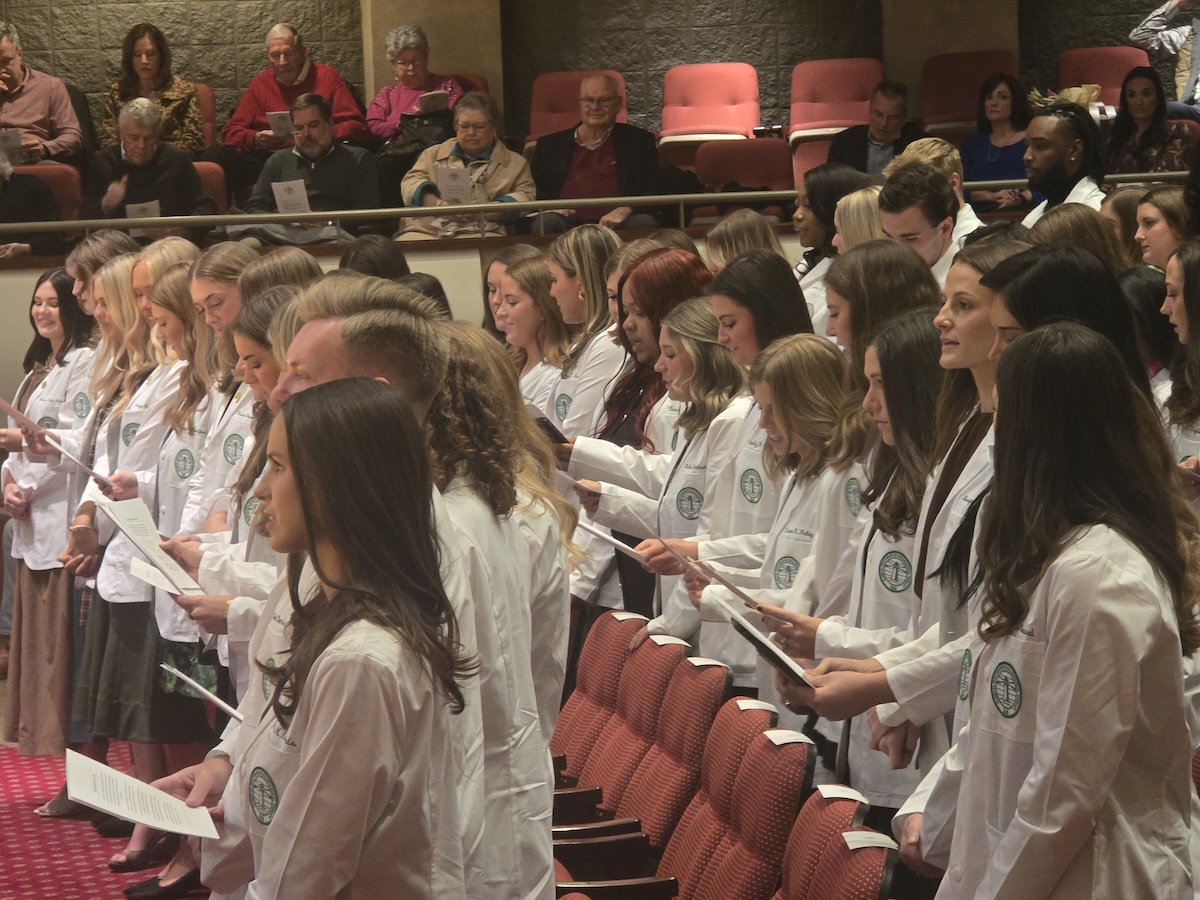 Erin Andrews, PsyD, ABPP
Erin Andrews, PsyD, ABPP
Psychologist, scholar, author, and activistDr. Erin Andrews, disability scholar and author of “Disability as Diversity: Developing Cultural Competence,” sat down with CEDHARS News to discuss herself and her work with disability culture, identity and inclusion.
Andrews is a practicing board-certified psychologist, having published numerous peer-reviewed journal articles and book chapters and given more than 50 public lectures. Her book was the first comprehensive look at disability as diversity and a distinct cultural experience.
In addition to representing the American Psychological Association at the White House and Congressional hearings, Andrews wrote an article with colleagues urging the disability community to embrace disability as a central part of identity, sparking the #SayTheWord hashtag and movement. Andrews also co-founded the Disabled Parenting Project, a resource for support and information for prospective and current parents with disabilities.
How do you view diversity, equity and inclusion intersecting with disability issues?
The DEI movement has gotten a lot more attention in recent years, which is great. In the past couple years, I think white people have really started to finally realize, because people of color have known this all along, that people are treated in a disparate fashion. Like it’s not the same when you’re arrested as a white man versus a black man. We’re seeing some of those parallels with disability, but just like we’ve historically seen, disability is also being left behind.
When we’re talking about healthcare disparities and mortality rates and things like that, those are the conversations where disability is most left out because people will assume, “Oh well, because someone has a disability, they must be in poor health.” And that’s absolutely not true. For example, one of the big disparities we saw during the COVID pandemic has been when medical care needs to be rationed, people with disabilities are the first people denied care. There’s a lot of that going on, so I think disability is still being left behind.
What we really need to be doing is looking at the intersectionality piece. For example, when you take police violence against black people and you look at it, often there’s a disability component, as well. The person may have an invisible disability like with the case of Sandra Bland. She, by all accounts, had a mental health disability, as well. There’s often a lot more complexity to these cases.
Why do you think people not part of the community feel the need to use euphemisms or other cruder means to remove disability from society?
It’s because of people’s own discomfort with disability. It comes from a number of different ways. One of them is that people tend to see disability as an individual and a medical problem. They don’t see it as a societal, systemic issue or an issue that has social, cultural and political implications.
But the reason why people want to remove that word is because people have this idea that disability is bad. A lot of times they feel like it could happen to them. A lot of people worry that when they become an older adult, they may have some health problems or become disabled, and I think people are really scared of that. I think it’s a way for people to deal with their own discomfort and put a positive spin on it, but it really comes from a place of fear.
Why do you believe ability is not viewed societally on the same level for self-identity as race or gender etc.?
It goes back to what I was saying earlier. People view it as being an individual problem like, “Oh, you have a disability. That’s your own problem.” They don’t see it as a social issue – they don’t see it as being a part of an identity – they don’t see it as being a part of cultural identity. And that’s one of the main reasons why I wanted to write the book. I wanted people to understand that disability is a sociopolitical experience. It’s a cultural experience. It’s not just a medical status. But even despite all that, people view it as a personal problem and as a medical problem.
How do you think changing from an independent/dependent frame of mind to an interdependent view of relationships alter the way we view disability?
This is so important. One of the things all over the book is how in disability culture, independence in the way we’re used to it in western culture, is not a value. And instead, we value interdependence. You can still have autonomy when you’re interdependent, so you can still be somebody that depends on someone else for a lot of care, but you’re still autonomous, meaning you still make decisions about how that care is offered and those kinds of things. So, autonomy is a value. Interdependence is a value.
Why do you think society views people with a disability as a minority when the vast majority of people have or will experience some form of disability at some point?
I think the whole majority-minority thing doesn’t really make much sense anymore because we know, for example, very soon white people in America won’t be the majority. That really is relevant in terms of who holds the power dynamic. And it’s the same for disability. Even though so many people have or will have disabilities, the power is in the non-disabled community. So, being labeled or categorized as someone with a disability is the non-powerful position to be in, so that’s why people a lot of times resist that label, especially people who have invisible disabilities and may be able to pass as non-disabled – I don’t blame them for not identifying as disabled because doing that is taking great risk in our society.
People with those disabilities think, “Well, maybe I shouldn’t call myself disabled because maybe I’m not disabled enough.” So, sometimes we hear that concern. But another concern we hear is with people who are older adults. They tend to describe themselves as being sick or old as opposed to being disabled. So, that’s why we don’t have the power in numbers that we should have. Not everybody that meets the objective criteria for disability actually claims disability or identifies as such.
 Why do you think there’s a trend of lacking representation of the disabled community in the field of psychology?
Why do you think there’s a trend of lacking representation of the disabled community in the field of psychology?
When you look at the data at every level of higher education, we lose people with disability. You go to the college domain, and fewer people with disabilities obtain a college degree of any kind compared to non-disabled peers. Then you go into master’s degrees, and it’s the same thing except it gets worse. And it gets worse the higher up you go. So, when you get to the level of a psychologist and you have to have a doctoral degree, we lost so many people, and a lot of it is because of some of the things happening along the way.
A lot of people with disabilities, especially invisible disabilities, internalize, again with this independence thing, you have to pull yourself up by your bootstraps and shouldn’t ask for any accommodation because you shouldn’t disclose your disability, you don’t want people to think less of you. So, as things get more difficult academically, people can only overcompensate for so long before they really do need that accommodation to make the playing field level. People are going without accommodations. When you get a doctoral degree in psychology, you do a pre-doctoral internship with a matching process. And with the match rates, which is what a lot of my research is on, I was looking at what are the match rates for students with disabilities compared to those without. And there’s a big difference.
Do you think your experience as someone born with a disability makes you more apt to identify with your disability, or to #SayTheWord, as opposed to someone who develops a disability?
That’s a legitimate and fair question. I think the answer is maybe. When we look at the differences between people who have congenital disabilities versus people who have acquired disabilities, people who have congenital disabilities have had more time and opportunity to form disability as part of their identity, as part of who they are. But the mistake we make is in an assumption that that’s always a positive.
The thing that’s important to know about adjusting to disability is that it’s not a one-and-done kind of thing. You’re dealing with your disability as a part of your life at every stage. Like just becoming a parent has made me adjust to my disability in a whole new way that I didn’t have to deal with before becoming a parent. I think scholars for a long time were thinking adjusting to a disability is this finite thing.
It's not a linear process, but in fairness, I’ve never known any other way. I don’t have that comparison point. I don’t have my life post-disability and life pre-disability. In that sense, it is very different. For some people that’s a very sudden thing, like they sustained a spinal cord injury on X date versus gradually losing your vision. Or sometimes the disability has been there all along, so the disability goes undiagnosed.
In your career, who do you view as the most influential figures in the disability space?
Rhoda Olkin is a psychologist with a disability, and she wrote a book back in 1999 called “What Psychotherapists Should Know About Disability.” I was an undergrad at Michigan State University when it came out and I read it, and it profoundly changed my life. It was the first time I was reading something from that perspective where I really felt seen in terms of my experience as a disabled woman. She’s been a huge influence on my career, and I continue to admire the work she’s done.
Another book that profoundly impacted me about that same time in the ‘90s was called “No Pity” by Joseph Shapiro. He’s a journalist with National Public Radio. He’s not disabled himself, but he wrote the history of the disability rights movement. It really changed the way I thought about myself as being a part of a community, part of a culture. That was really important to me.
I also had a professor in my undergrad named Nancy Crewe who was also a rehabilitation psychologist, and she was really encouraging to me. She allowed me to enroll as a senior undergrad in two of her master’s classes. I think that gave me a lot of confidence going into graduate school. She wrote me a letter of recommendation. I really felt like she was the first person who believed in me and believed I could be a psychologist. She always holds a special place in my heart.
The last person I would mention is a preeminent rehabilitation psychologist named Beatrice Wright. She was not disabled, but she had such progressive ideas around disability even though her work started in the ‘50s. Her work was paramount because what she emphasized was that it’s not really about the disability, but it’s about how the disability interacts with the environment. The thing I don’t like about the field of psychology is that it overemphasizes the individual. It overemphasizes why this specific person with a spinal cord injury is depressed. And instead of asking that question, I would ask what’s going on in this person’s environment. That’s why I admire Beatrice Wright, and she’s one of the people I most admire.
How should organizations, whether it be universities or entities such as the Collaborative, best go about recruiting and retaining people with disabilities?
The first step is making sure you can provide an environment that is appropriate, like if someone needs accommodations would you really be able to provide those things. I read this quote, and I’m probably going to botch it, but it’s something about indigenous people: “Don’t invite people into spaces that weren’t built for them and then blame them for not fitting in.” That just really resonated with me coming from the disability perspective.
And then I would say you have to model inclusivity, meaning you have to bring people in at the higher levels who are disabled. We know that the one role for people to be in that actually changes attitudes is a role where they have some power or some sort of authority. It’s very important for people with disabilities to be in leadership roles, so I would say start there. Try to get people with disabilities interested in your organization at the highest levels of leadership and watch it trickle down to the rest of the organization.
How do you view the able-bodied population in relation to the disability community?
I’m surrounded by non-disabled people all the time, I’m married to a non-disabled person, I have two children – one of whom is non-disabled. I think that the role of non-disabled people if they care, which I think a lot of them do, is to learn how to be a good ally. One of the ways is amplifying voices of disabled people around you and using your power if you have power to kind of say, “Let’s hear from someone who’s directly affected by this.”
That’s one way you can do it, but there’s a whole slew of ways you can be a good ally: making sure disability issues are included, taking the onus off, so it isn’t always just people with disabilities constantly having to bring up accessibility issues. That can be everybody’s role. Allies do play an important role, and they’re very valuable. I’ve worked with a few people in my personal life and my professional life who are just amazing allies, and I’m grateful for them. And I credit them for a lot of good changes they’ve made over time. They can’t be coming in and taking over the movement, but they can certainly be a part of it.

